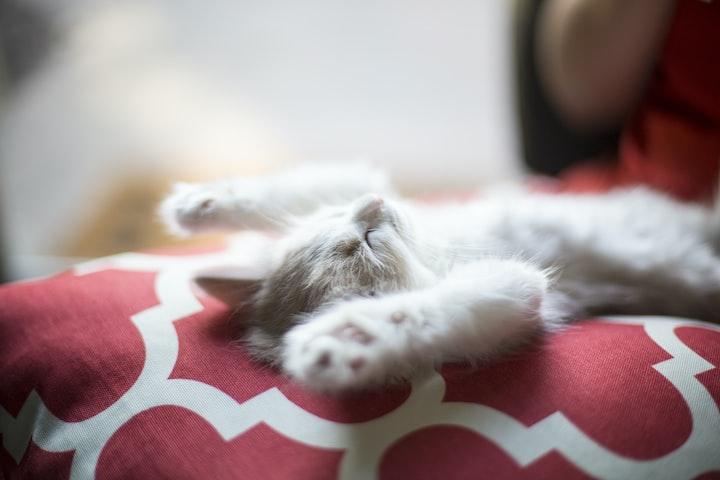There are a lot of different opinions about what the best time to sleep is. Some people say that it is better to sleep in the morning, while others say that it is better to sleep at night. There are also some people who say that there is no best time to sleep, and that you should just listen to your body and sleep when you are tired.
Personally, I believe that the best time to sleep is at night. This is because your body naturally produces melatonin (a hormone that makes you sleepy) at night, so it is easier for you to fall asleep and stay asleep. Additionally, sleeping at night allows you to get a full eight hours of rest, which is important for your overall health and well-being.
Aim to eat dinner at the same time every night
The best time to sleep is usually when you are feeling the most tired. This means that if you have a set bedtime, it is best to stick to it as closely as possible. However, there are certain things that can affect how sleepy you feel, and how well you sleep. For example, if you have had a big meal before bed, or if you have been exercising close to your bedtime, you may find it harder to fall asleep.
There are also certain times of day when your body is naturally more tired than others. For most people, this is between 2 a m and 4am. If you find yourself waking up during this time frame regularly, it may be worth trying to go to bed earlier in the evening so that you can get a better night’s sleep overall.
In general, aim to eat dinner at the same time every night so that your body gets into a routine. This will help regulate your natural sleep rhythm and make it easier for you to fall asleep at night. Avoid caffeine and alcohol in the evening as these can make it harder for you to drift off. And make sure your bedroom is dark and quiet so that your mind can relax properly before sleep.
Take a small dose of melatonin
As the days get shorter and the nights get longer, it can be hard to keep your energy up and stick to a regular sleep schedule. If you’re struggling to sleep, you may be considering taking a small dose of melatonin.
Melatonin is a hormone that is naturally produced by your body. It helps to regulate your body’s sleep-wake cycle. When it starts getting dark outside, your body produces more melatonin, which makes you feel sleepy.
Taking a small dose of melatonin supplements can help you fall asleep if you’re having trouble sleeping. It is important to take the supplement at the same time each night and only use it when you need it. Taking too much melatonin can actually make it harder for you to sleep, so start with a low dose and increase it gradually if needed.
Use a sleep diary
If you’re like most people, you probably don’t think much about when you sleep. You just know that you need to get a certain number of hours each night and that’s that. However, the time of day that you sleep can actually have a significant impact on your health and well-being.
Most people are familiar with the concept of circadian rhythms, which is the body’s natural 24-hour clock. This internal clock regulates many important functions in the body, including sleep. The circadian rhythm is controlled by an area of the brain called the suprachiasmatic nucleus (SCN).
The SCN responds to light exposure and sends signals to the rest of the brain and body telling them when it’s time to wake up or go to sleep. This is why it’s so important to get exposure to natural sunlight during the day – it helps keep your SCN and circadian rhythms in check.
However, artificial light from electronic devices can also have an impact on your SCN and circadian rhythms. The blue light emitted from screens suppresses production of melatonin, which is a hormone that makes you feel sleepy. So if you’re looking at your phone or tablet late at night, it can actually make it harder for you to fall asleep.
This is why using a sleep diary can be so helpful in understanding your own sleep patterns and biology. A sleep diary is simply a record of when you went to bed, when you woke up, how long you slept for, and how rested you felt upon waking up. It can also include other information such as what type of exercise or activities you did during the day and what type of food or drink consumed before bedtime.
